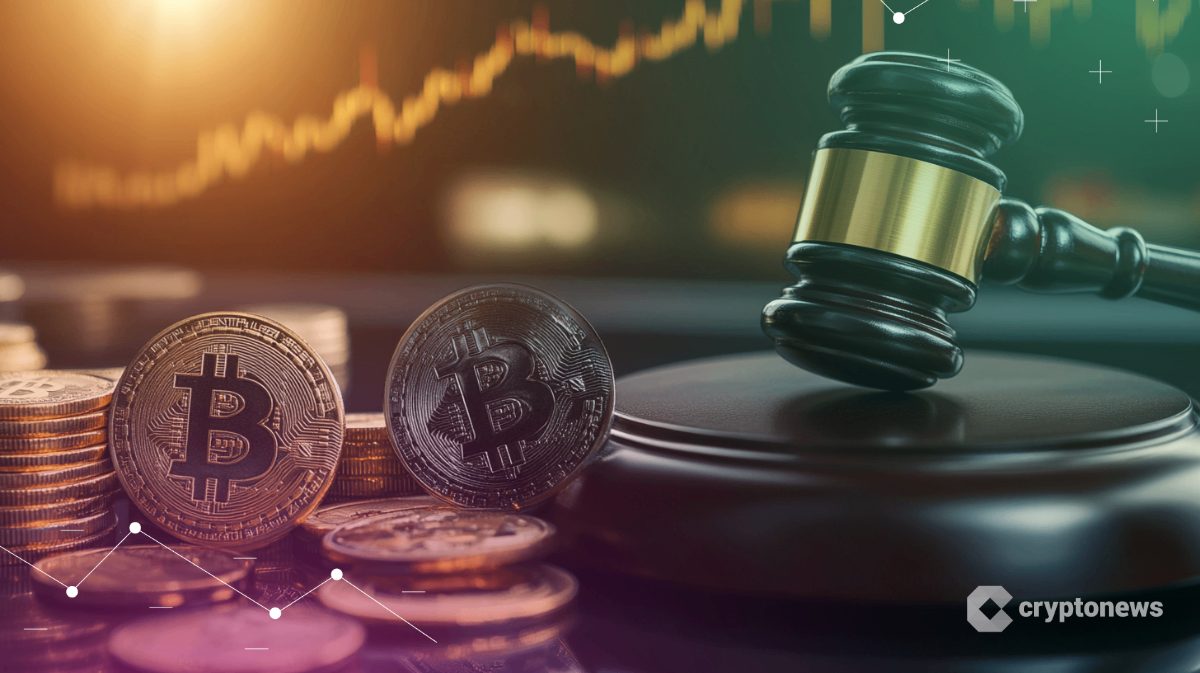Stay informed with free updates
Simply sign up to the Cryptocurrencies myFT Digest — delivered directly to your inbox.
US billionaire Mike Novogratz’s cryptocurrency group Galaxy Digital is hunting for more asset sales by bankrupt digital assets companies after a deal to sell coins held by FTX trebled its funds under management.
Galaxy was chosen in August by administrators of the collapsed crypto exchange to sell, hedge and stake FTX’s bitcoin and ether coins, as well as its holdings of Grayscale’s bitcoin trust.
The win has helped swell New-York based Galaxy’s assets under management from $1.7bn a year ago to $5.3bn, the company told the Financial Times.
The surge in assets comes as welcome news to Galaxy, one of the world’s largest crypto financial services groups with extensive business in trading and investment banking. The company has struggled to recover from last year’s crypto market crash, and in the third quarter of this year it recorded a $94mn loss.
Its asset management arm has been slowly selling FTX’s tokens on to the open market to help the failed exchange’s administrators recover the value of assets and pay back creditors.
In September, a US court mandated that FTX assets could be sold in lots of $100mn per week but said that sales should be carried out without disrupting market prices or tipping off other traders.
Steve Kurz, global head of asset management at Galaxy, said the firm would be interested in acquiring the assets of other bankrupt companies.
Among potential targets is FTX’s vast venture capital portfolio of real estate and technology companies, including a stake in artificial intelligence start-up Anthropic, which was last valued at nearly $5bn in a funding round earlier this year.
“We have a crypto venture team that has been investing off our balance sheet for five years,” he said, referring to a subsidiary that has invested in companies such as digital asset security firm Fireblocks and blockchain platform Polygon.
“The record that we have on that side of our asset management business means we’d be a good candidate for something like that,” he said, referring to FTX’s venture portfolio.
Andrew Bond, senior research analyst at Rosenblatt Securities, said winning the FTX mandate was “massive” for Galaxy, adding that “it opens them up to win other mandates that will potentially be much more profitable.”
Galaxy, which is seeking to move its stock market listing from the Toronto stock exchange to New York’s Nasdaq, runs about a dozen funds spanning passive, active and venture capital. Earlier this month it teamed up with Dutch market maker Flow Traders and German asset manager DWS to launch a euro-denominated stablecoin, becoming the latest major institution to create its own token.
Galaxy has also joined the race for a hotly anticipated spot bitcoin exchange traded fund, seeking to run a fund with asset manager Invesco and derivatives exchange CME.
The price of bitcoin has surged by about 150 per cent to more than $41,000 this year in expectation of a flood of bitcoin ETFs that would open the asset class up to Wall Street.
“Crypto in the US had something close to a near-death experience,” Kurz said, adding that the “turning point really came this year when BlackRock filed for an ETF. He added that there had been “very frequent dialogue and we’re engaging with the SEC on a number of fronts”.
“The world doesn’t understand the impact that these vehicles and a bitcoin ETF will have to bitcoin and crypto over time,” added Kurz, who previously worked at Fortress Investment Group and Lehman Brothers. Approval would mark “a real watershed moment for crypto,” he said.
Credit: Source link











